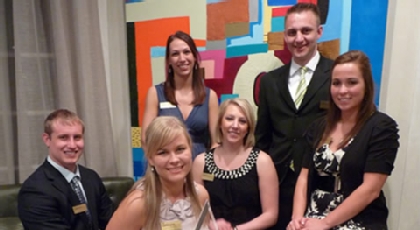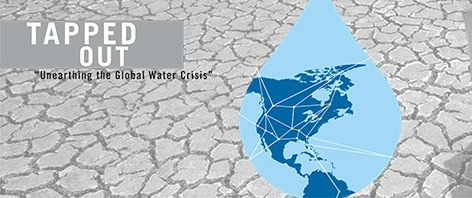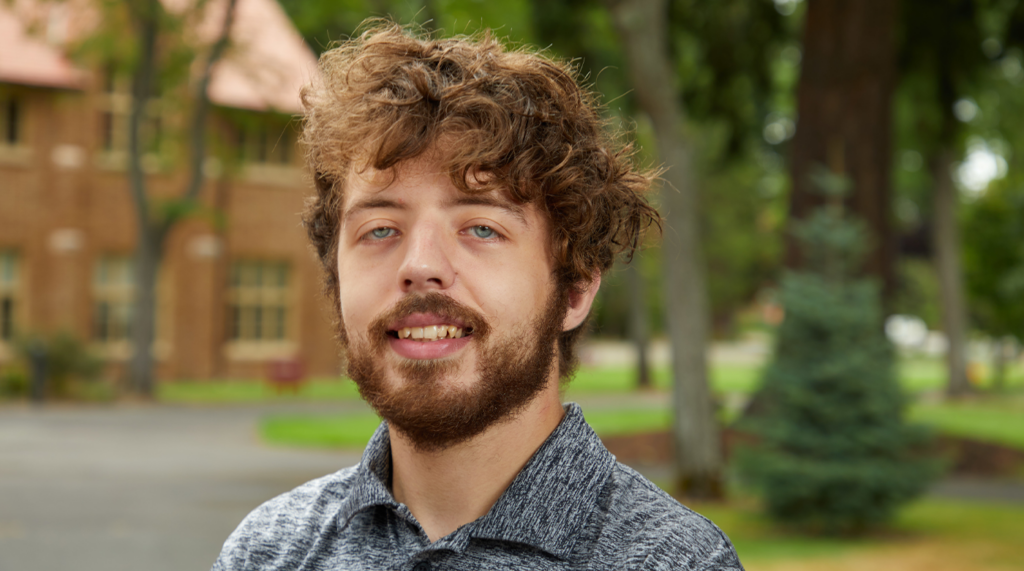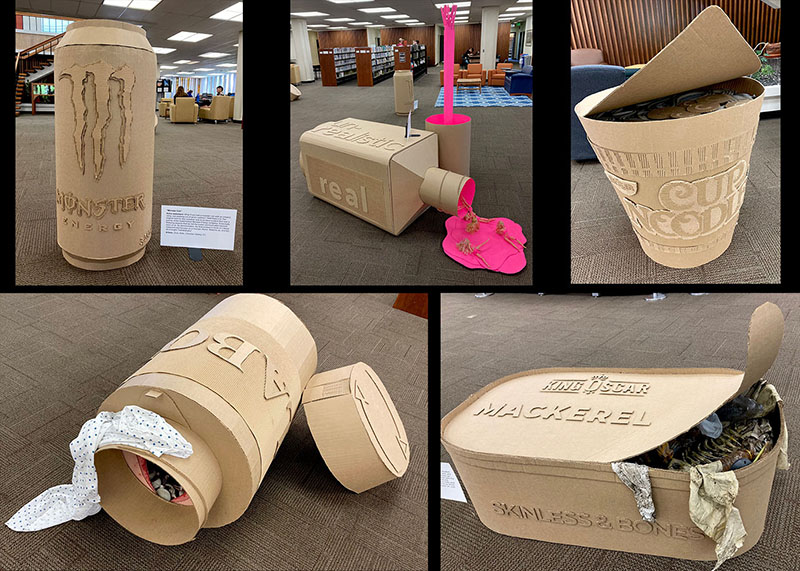Page 77 • (855 results in 0.021 seconds)
-
recycle until he came to PLU, but now he’s passionate about protecting the environment and sharing his knowledge with others. The geosciences and chemistry major plans to teach high school science. Under the guidance of Claire Todd, visiting assistant professor of geosciences and environmental studies, those in the program have spent a large portion of J-Term reviewing the evidence for recent climate change. They have been reviewing data collected by the Intergovernmental Panel on Climate Change (IPCC
-
the trash and figure out how much of it could have been recycled or composted. They also had to figure out the latent energy content of the trash, say if it were burned. The goal of the trash sort, which has been a regular feature of this class for about a decade, is to put the students on notice on just how much trash doesn’t need to end up at the landfill, said Barbara McConathy, PLU’s environmental services coordinator. “I think I want students to know that every bottle helps,” McConathy said
-

team was worth the work, Jacobsen said. And winning wasn’t the end goal for these students. “For me the end was just a confirmation,” Marchenko said. Read Previous Environmental center dedicated Read Next ‘Be the Spark’ ignites, unites PLU community COMMENTS*Note: All comments are moderated If the comments don't appear for you, you might have ad blocker enabled or are currently browsing in a "private" window. LATEST POSTS Three students share how scholarships support them in their pursuit to make
-

water, including drought, floods, population growth, and pollution, are resulting in new and innovative thinking. From Canada to Texas, and from Washington, D.C., to the Gulf of Mexico, the team discovered stories of drought, water mismanagement and water scarcity in unexpected places. During research and production of the film, the students conducted dozens of interviews, meeting with citizens; farmers; activists; officials from the United Nations, the U.S. Environmental Protection Agency and the
-

podcast.” The two shortly found themselves quarantined together, and the idea continued to develop until they released their first episode in late April. “We haven’t really done anything like that before, and we had always kicked around the idea,” said Sager. “For us, it never really solidified until we realized the need, and how much time we have on our hands.”The Capstonavirus series features students from many disciplines, including music, chemistry, history, geoscience, environmental studies, and
-

before, but on a professional level,” Lindhartsen said. In just the 30-year history of the individualized major, PLU students have designed degrees in digital media, Indigenous studies, global health, and environmental education. To do this, students draw from PLU courses and develop their expertise through extensive and rigorous conversations and planning with a committee of faculty who support and guide them. “You take courses from all around the university, as well as experiential learning, like
-

people will respect that.”Lute Powered is a project highlighting PLU alumni at some of the most well-known organizations across the Puget Sound region. Clarissa Gines ’12 is the second of three Lutes being featured from the City of Tacoma. Previous Lute Powered series highlighted PLU alumni at Amazon and MultiCare Health System. × × Read Previous City of Tacoma environmental scientist Tom Chontofalsky ‘03 loves asking questions Read Next Lisa Woods ’92 helps move Tacoma forward as the city’s Chief
-
people are at low risk for contracting the virus. Higher levels of risk are associated with some behaviors or environmental conditions; the following chart, provided by the Chicago Department of Health, offers a visual summary of risk for transmission based on activity.Stop the Spread | Stop the Stigma | Know Your Risks Activity Risk Raising for Monkeypox Transmission Direct contact with infectious rash, scabs, or body fluids Sexual or intimate contact (please note that condoms do not protect against
-

go through. These issues are very common and real, and because of that, we wanted the piece to portray a very grounded and real experience. By adding genitalia and the essential items for someone on their period, we hope the piece reflects the experiences and emotions of many. Artists: Gianni Lafave, Jillian Chong, Nataly Reynoso ‘24 “Mackerel on the Beach” Artist statement: This project is about the environmental situation with what is in our ocean and how that affects the water, land, and
-

relies on a wheelchair to get around, almost didn’t return to PLU after her first semester. She worried about her ability to access some spaces on campus and the potential that it would interfere with her academic success. But a support system in the Department of Sociology, through which she eventually declared her major, and elsewhere on campus kept her coming back. Those advocates propped up Green as she developed her own identity as a vocal advocate for campus accessibility. “Some staff and
Do you have any feedback for us? If so, feel free to use our Feedback Form.


